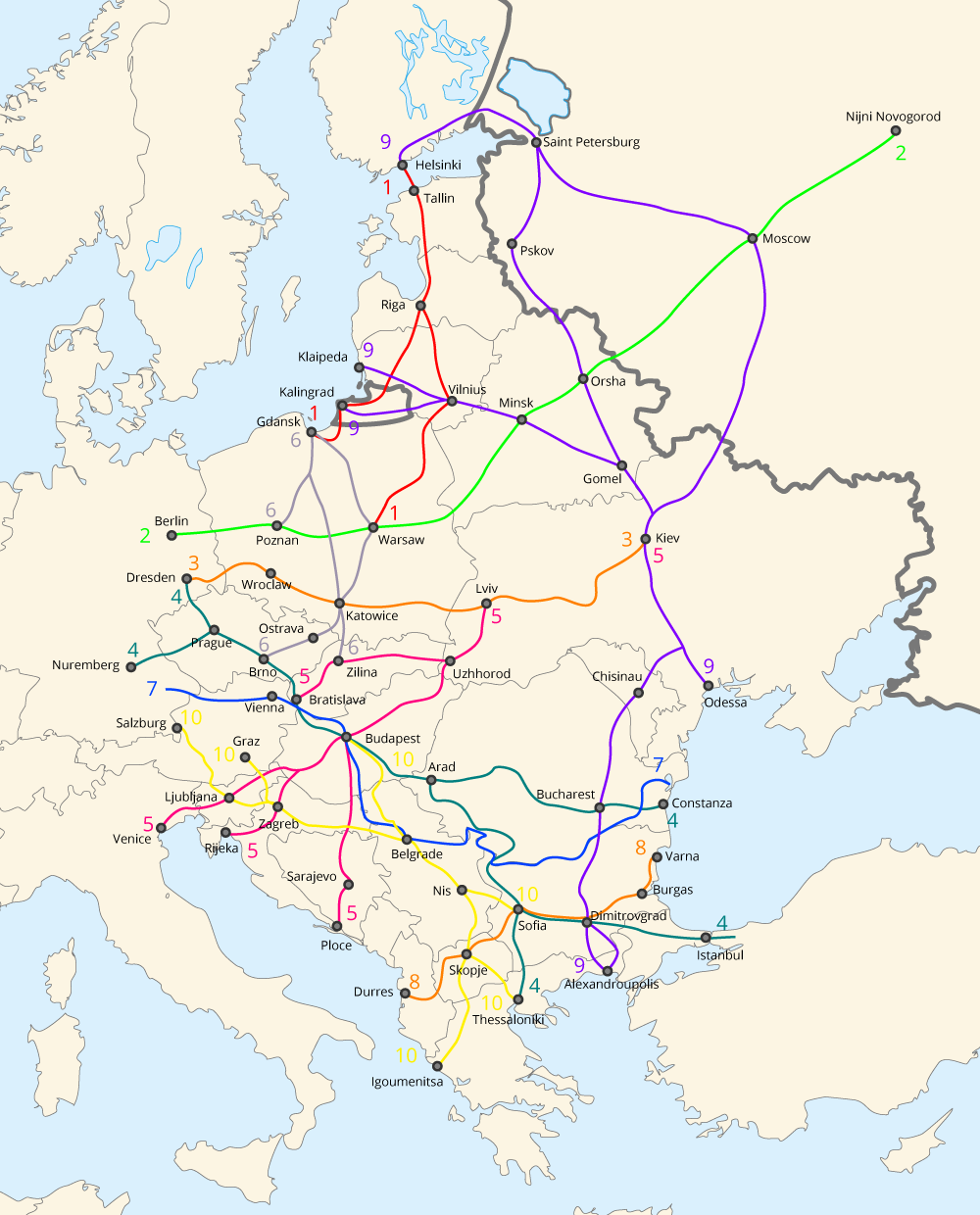Why Southeast Europe?
Regardless of the economic sector, choosing Southeastern Europe as an investment location has some universal advantages, related to the region’s political, macroeconomic, and geographic background. While the list below is by no means exhaustive, it covers some of the important advantages, while our consultants will be happy to provide additional information pertaining to your business.
Membership in the European Union, Macroeconomic Stability
Many SEE countries are members of the most prestigious international organizations, such as the European Union, NATO and WTO. While this in itself is a sign of political and macroeconomic stability, it is also important to note, that EU membership means that goods, manufactured in SEE countries can be sold in any other European Union country without any additional tariffs and restrictions.

Bulgaria is specific among the SEE countries, since it has maintained a fixed exchange rate with the Euro since the creation of the single European currency. The currency peg entails additional stability for companies operating in Bulgaria and working with Europe, as it eliminates all currency risk.
Non-EU SEE countries, such as Serbia and Macedonia maintain various customs and economic treaties with the European Union, eliminating quotas and tariffs for variety of goods, manufactured within these countries.
Low Business Costs
The SEE countries which are already EU members benefit from the customs and free trade policies of the European Union. Nevertheless, costs of doing business in Southeast Europe are among the most competitive, compared to all other developed economies.
Corporate and other taxes are about 50% of those in Western Europe
Corporate tax rates in the SEE region are as low as 10% in Bulgaria and Macedonia, and average about 15% throughout the region. This is considerably below the Western European average of about 25% or the corporate tax rates in the Unites States or the developed Asian economies.
Corporate tax rates are only one aspect of the advantages, which SEE countries offer in terms of low tax burden. Consider for example the dividends tax rate of 5% flat in Bulgaria, against the qualified dividend tax rate in the United States, which can reach 20%, or against the high tax bracket rate of 20% in the United Kingdom.
Bulgaria, once again, offers the most reasonable business cost in the European Union.
It is also one of the most financially stable member states within the European Union as a whole.
Southeast Europe has traditionally been a manufacturing and agricultural region, hence availability of workforce, both blue-collar and white-collar, is high.
Proximity to Key Markets
The Balkan Peninsula, Southeast Europe and especially Bulgaria, have historically enjoyed a strategic geographic location along the most important trade routes between Europe and Asia. This strategic advantage has remained until modern times, as some of the most important Europe-wide transport corridors pass through the SEE countries. It is obvious that Bulgaria is the geographical Gateway to the EU from Asia.

Pan-European Transport Corridors
Bulgaria and the SEE region are not only located within the European Union and the European Free Trade Zone, but they are also within close proximity to other crucial markets such as (a) Russia and the ex-USSR countries, and (b) Turkey and the Middle East. The major cities of these important economic zones are located within 2-3 hour flight from all SEE destinations and road transit times usually fall within 24-72 hours period.
The 10 facts you didn’t know about Bulgaria
1. The first electronic computer in the world was invented in the USA by the Bulgarian scientist John Atanasov.
2. Bulgaria ranks 4th in the whole world in per capita university education.
3. Bulgaria ranks amongst the top 5 countries in the world in Informatics with over 100 international medals and awards.
4. Bulgaria produces around 85% of the world’s rose oil and it is considered the most premium amongst all rose oils produced globally.
5. With 52% of global production, Bulgaria is also the world’s largest producer and exporter of lavender oil.
6. Bulgaria has the second highest number of natural mineral springs in Europe.
7. There are more than 140 resorts in Bulgaria – seaside, mountain and balneological.
8. Bulgaria has one of the fastest internet speeds in the world.
9. The unique bacteria that makes Bulgarian yoghurt famous around the world, can only be found in Bulgarian air.
10. Bulgaria is one of the oldest and most ancient European countries. The state of Bulgaria was established in the year of 681 AD and is the only country which hasn’t changed its name since then.


